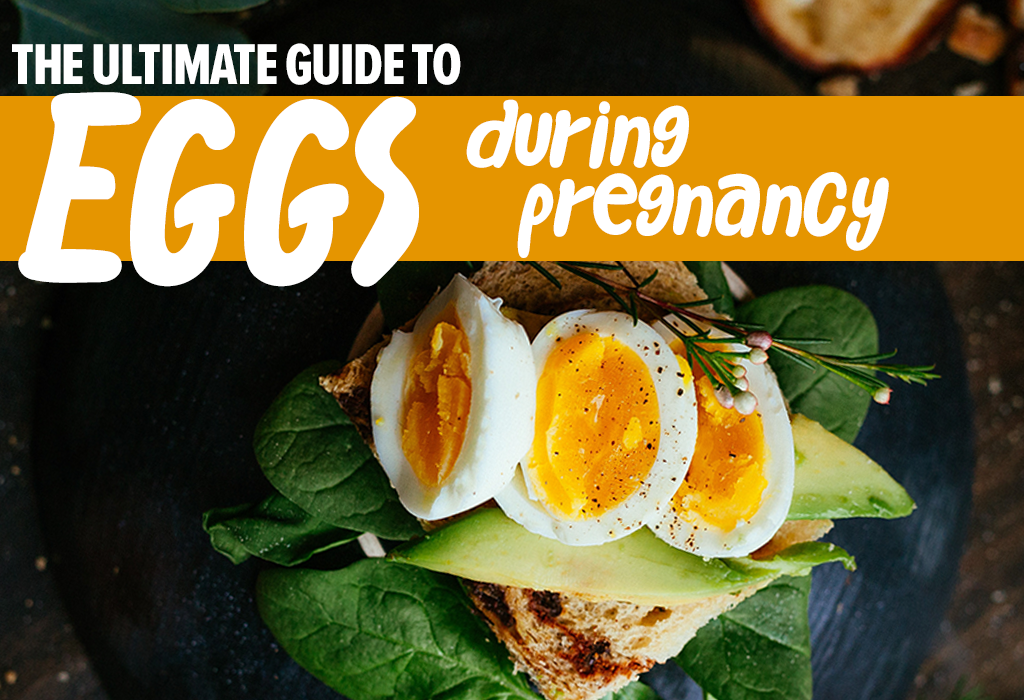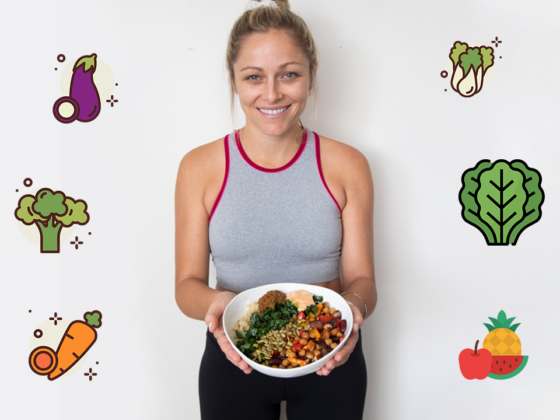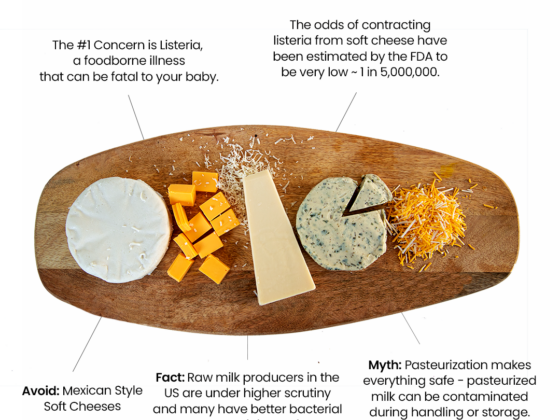If you’re pregnant and looking for a yummy superfood to help nurture and grow your baby – look no further than the egg.

In this post we’ll go over the nutrition benefits of eggs, breakdown the nutrition, cover the differences between eggs (including our recommendation on which kind to get and which to avoid), discuss the safety around eating eggs while pregnant, and share versatile ways to incorporate eggs into your life.

Eggs are a pregnancy superfood. Here’s why:
1. Rich in Choline. It’s hard to understate the benefits of choline in pregnancy and eggs the easiest way to get it. Choline has been shown to reduce the risk of baby developing neural tube defects. Most prenatal vitamins do not contain any choline, so getting this nutrient into your diet is key. We cannot emphasize this enough: 95% of women are not getting the recommended amount during pregnancy.
2. Stabilize blood sugars. Eggs are low carb and low-glycemic and eating foods that are low glycemic is especially important if you have gestational diabetes.
3. Support healthy brain development. The Omega 3 Fatty Acids and Choline in eggs are great for baby’s brain development. Choline has been shown to reduce the risk of baby developing neural tube defects. Most prenatal vitamins do not contain any choline, so getting this nutrient into your diet is key.
We cannot emphasize this enough: Your body’s needs for choline have increased from 425 mg choline/day to 450 mg/day now that you are pregnant. 95% of women are not getting the recommended amount during pregnancy. Eating eggs (not just the egg whites—the choline is in the yolks!) and/or soybeans throughout your pregnancy is the easiest way to avoid choline deficiency.
Along with its potential role in neural tube development, choline is needed to make a neurotransmitter called acetylcholine. This neurotransmitter is important for functions like memory and muscle control. It is also a key nutrient for early brain development.
4. Help prevent anemia. Your body uses a lot of extra blood during pregnancy so keeping your iron levels up is especially important.
5. They are versatile. Finding different ways to get foods into your body is important and eggs are incredibly versatile. Hard boiled, soft boiled, poached, over medium, fried, scrambled, or an omelet are great options. See below for recommended recipes.
6. High in Vitamin D and Vitamin B-6. 1 Egg provides about 5% of your DV of Vitamin B-6, which has been shown to help prevent morning sickness and 11% of your DV of Vitamin D, which is passed directly from mom to baby and is important for bone growth.
7. High in Protein – 1 Egg has 7 grams of protein. With your recommended intake of protein between 40-70g (depending on your body weight), a 2 egg omelette can have you 1/3 of the way there.
The Nutrition Breakdown of the Egg
Calories: 76
Total Fat: 5g
Saturated Fat: 1.6g
Monounsaturated Fat: 2g
Cholesterol: 187mg
Sodium: 62mg
Potassium: 63mg
Protein: 6g
Carbs: 0.6g
Vitamin A – 5%
Vitamin D – 11%
Iron – 3%
Cobalamin – 10%
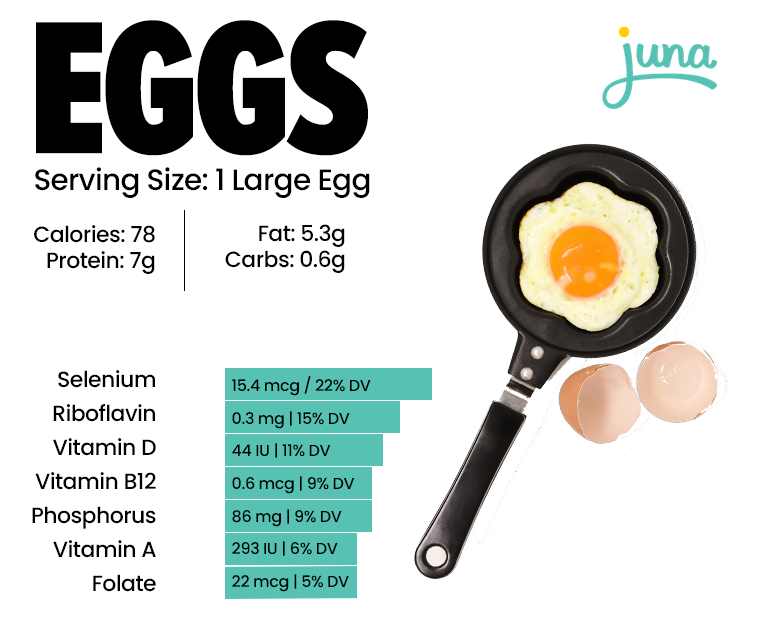

Eggs and Cholesterol
You may have heard that eggs are bad because of cholesterol and high fat content. This could be an entire post on its own, but one source we love is from Lily Nichols, RDN who breaks it down beautifully:
Yes, eggs are rich in cholesterol. If you’re nervous to eat eggs because you are worried about cholesterol, know that research has disproven the theory that dietary cholesterol increases the risk of heart disease. (Current Atherosclerosis Reports, 2010) And often, the opposite is true! It turns out that excessive dietary carbohydrates are more closely linked to dyslipidemia than dietary cholesterol (or saturated fat). (Lipids, 2009) – SOURCE: Lily Nichols RDN
Besides, our brains need cholesterol. In fact, 25% of the cholesterol in our bodies is found in the brain where it plays a crucial role in normal neural function. If you want to provide the raw materials to help your baby develop a healthy brain, you should absolutely be consuming cholesterol! SOURCE: Lily Nichols RDN
For More: Harvard: Are Eggs Risky For Heart Health?
In the Juna App we provide a key nutrient of the week, complete with recipe ideas recommendations for getting that nutrient into your body. We do this for pregnant and postpartum mamas. You can try the app for 7 days free by using this link below:
Sign Up For The Juna Free Trial
Not All Eggs Are Created Equal
Free range, organic, jumbo, super jumbo, cage free, all-natural, pasture raised, hormone free — even the packaged eggs marketed to look more humane are not necessarily so. What does it all mean?
According to Certified Humane, labels like organic, natural and non-GMO can be misleading, as the USDA has no certifications on how much space or light an organically raised chicken needs. Similarly, chickens raised on vegetarian feed may be deprived of actual grass, as chickens are not naturally vegetarian and actually thrive off eating bugs and worms, the Washington Post reported.
The best thing you can do is actual visit the farm where the eggs are coming from and see for yourself what their practices are.
Obviously that’s not realistic for everyone, so the next best thing is to look for the Certified Humane seal on a package. It means that the nonprofit Humane Farm Animal Care (HFAC) has vouched for these producers and inspected the way that animals are treated and cared for.
The group has created standards, including free-range hens having a minimum of two square feet of outdoor space per bird and pasture-raised hens having 108-square-feet each.
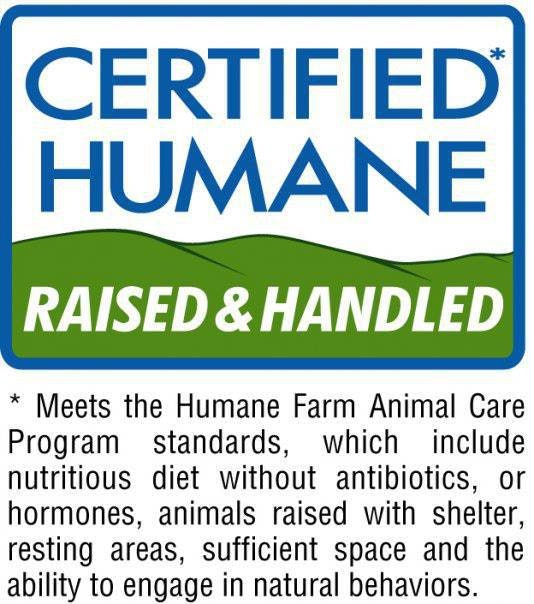
For the most humane and healthiest eggs, choose Certified Humane “cage-free organic whenever possible.
Eating Eggs Safely While Pregnant
Some women have been told to avoid eggs (especially if the yolks remain runny after cooking) because they can cause food poisoning.
Food safety concerns over eggs have been overstated again and again, especially to pregnant women.
According to a 2012 analysis from the Centers for Disease Control, food poisoning due to eggs accounts for only 2% of all reports nationwide. (CDC, 2012)
In short: If you want to be extra safe, cook your eggs all the way through, but even the over-easy kind are generally regarded as safe.
SOURCE: Lily Nichols RDN
? Pin it for later?
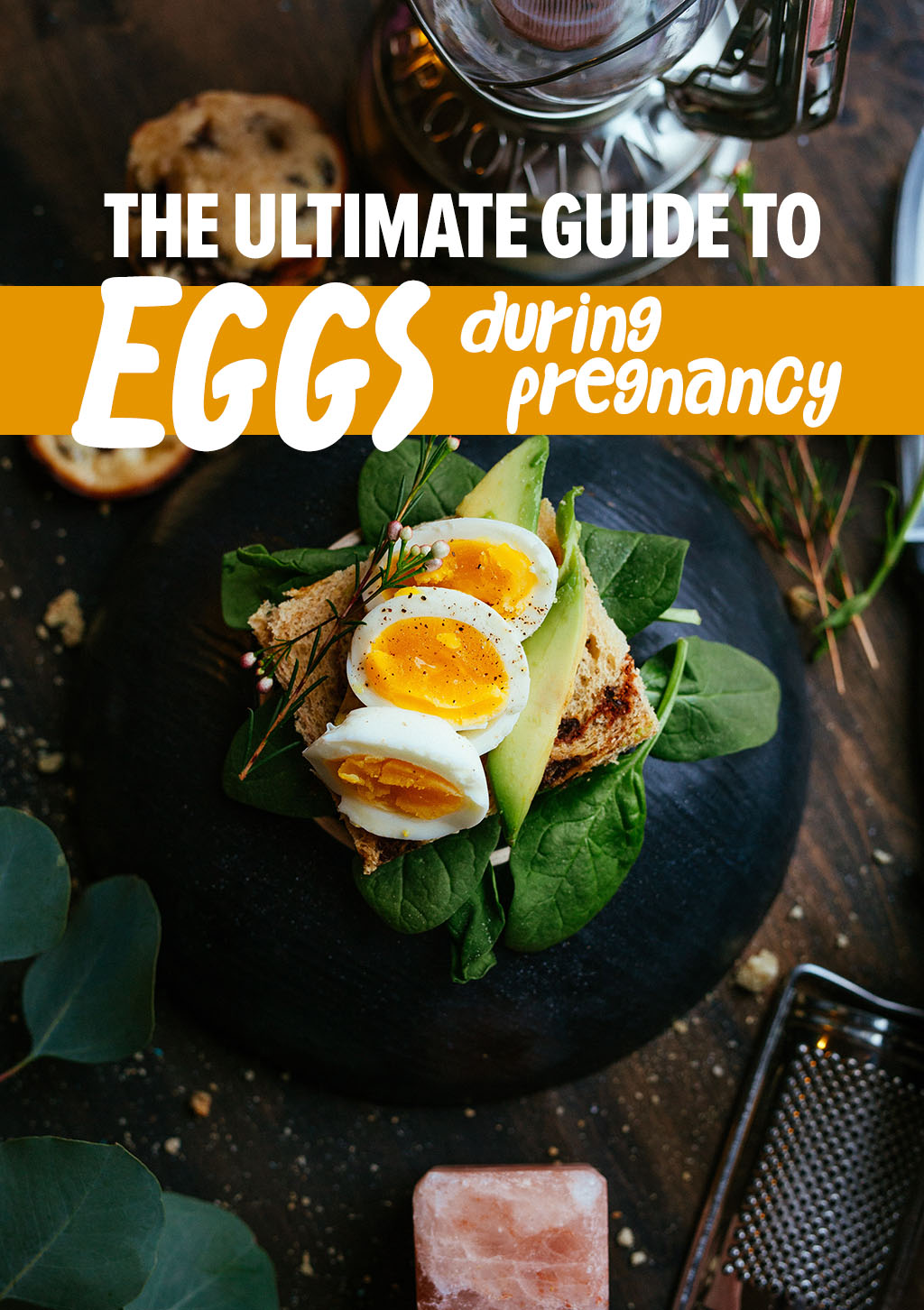
Recipes and Ideas:
1. Sweet Potato Breakfast Toast
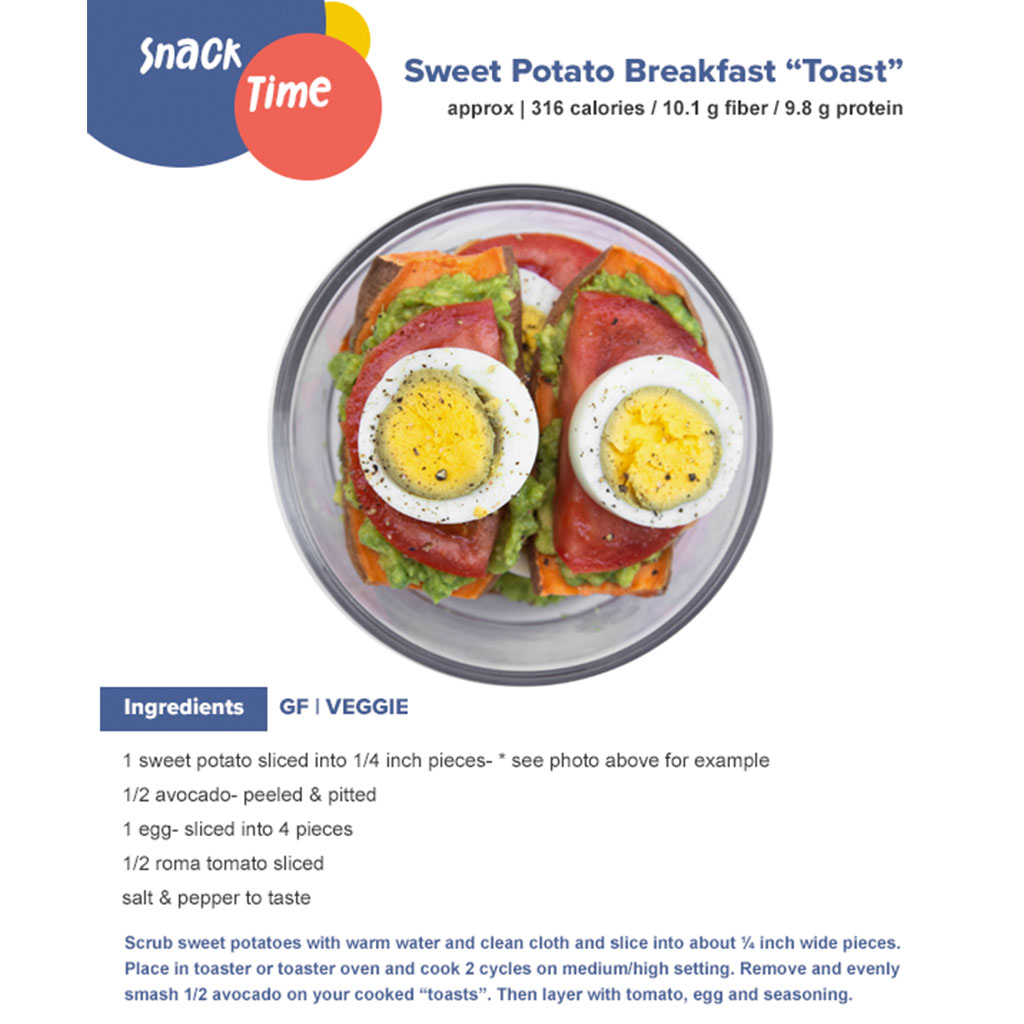
2. Spicy Egg, Edamame, and Almonds
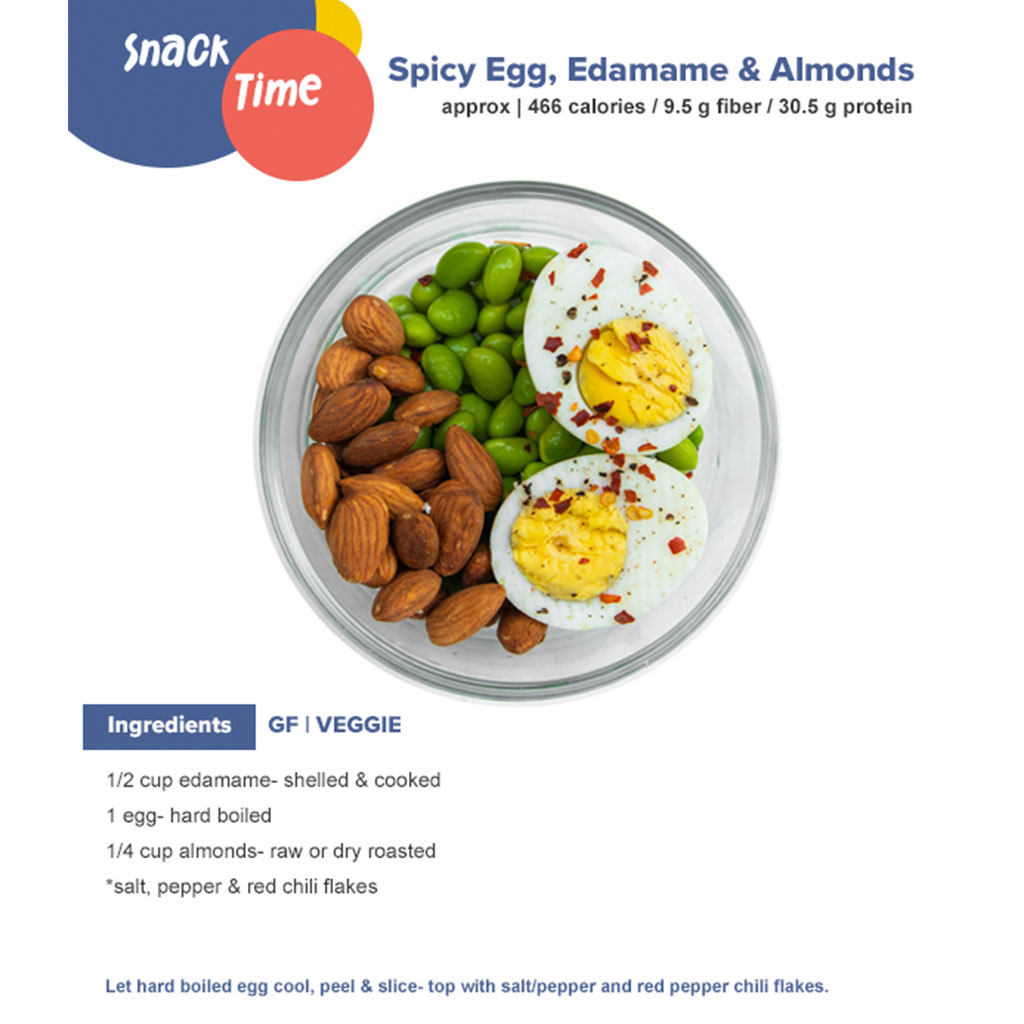
3. Hard Boiled Egg & Raw Veggies
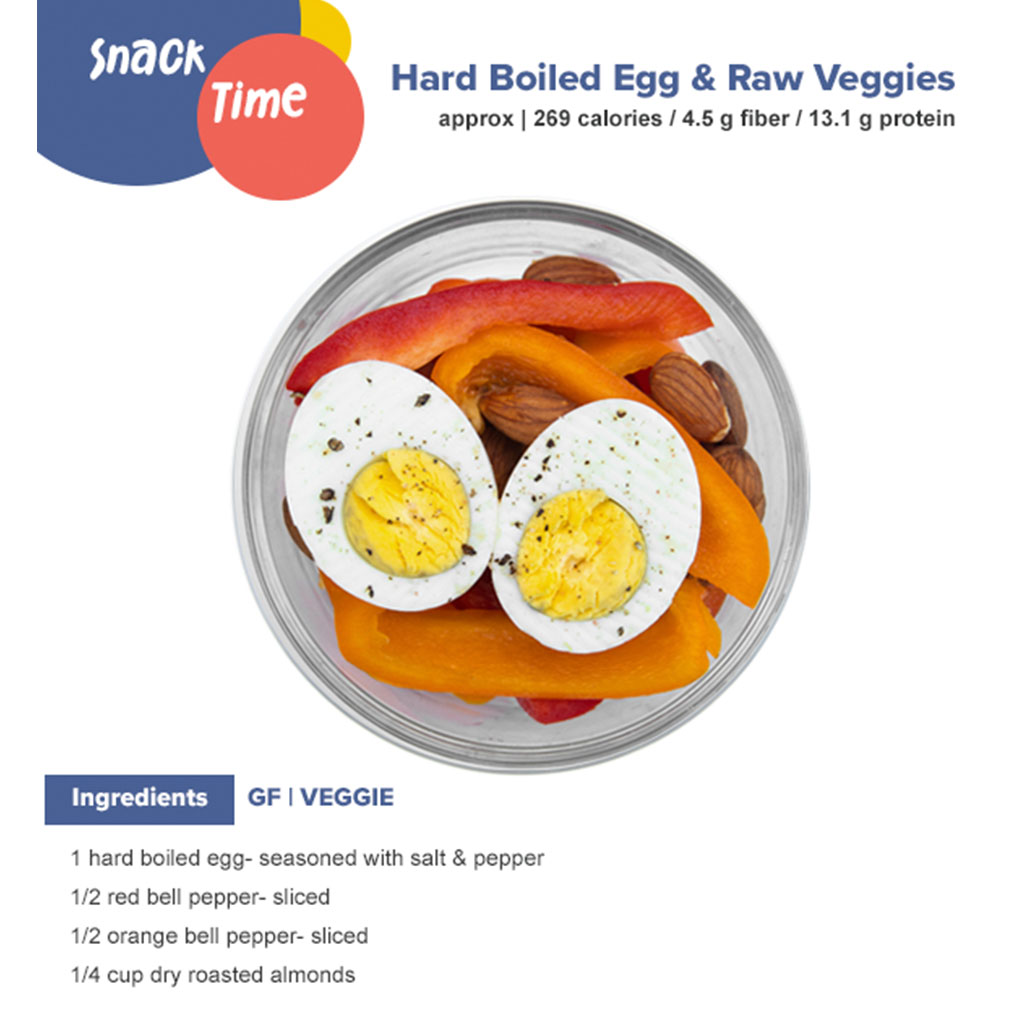
4. Veggie Egg Muffins 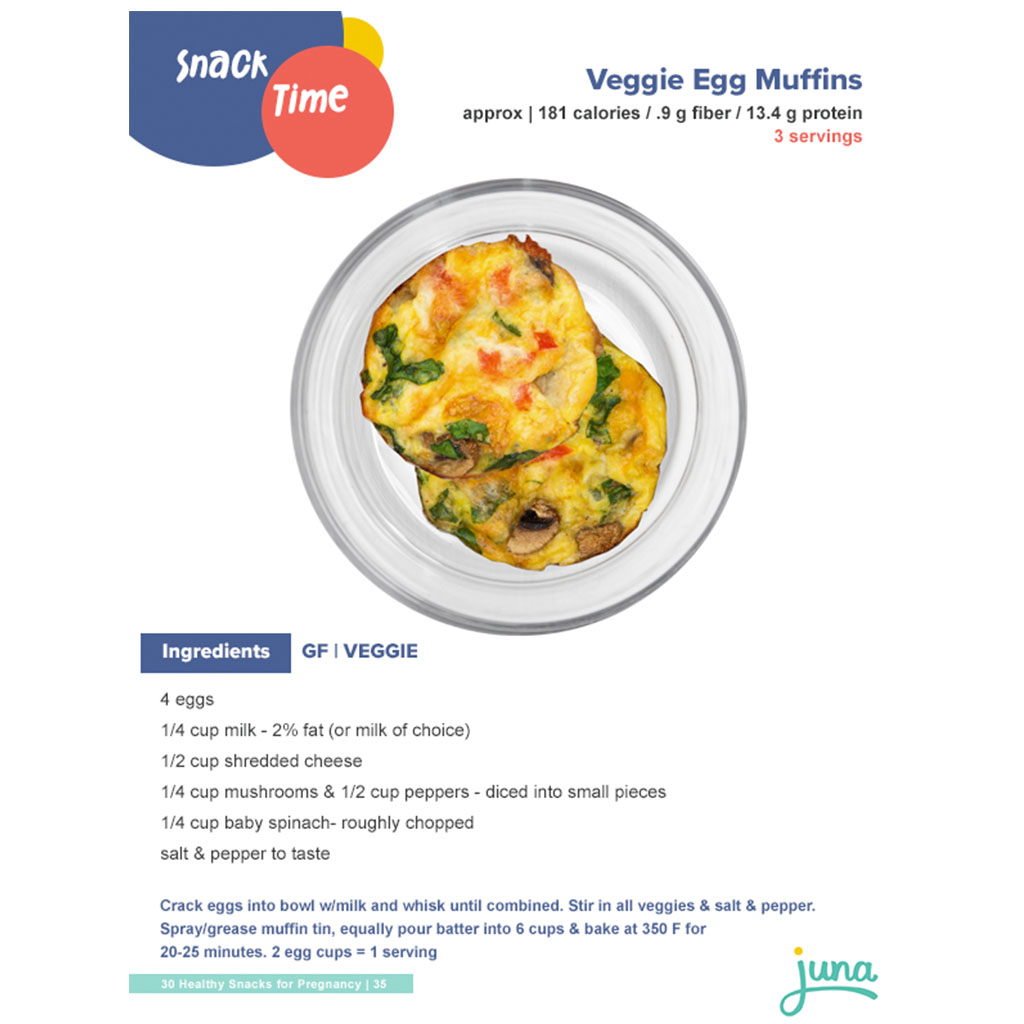
5. Buddha Bowl with Hard-Boiled Eggs

We also share quick and dirty recipes like these on on our Instagram story – Follow us @Juna.Moms.



Love this idea from one of our Juna Moms:
“I do a veggie fritter (eggs in batter, organic carrot zuchinni corn and oat flour, seasonings) then poached egg on top with a little hollandaise and fetta. Sometimes some avo under the egg or hummus and spinach on the side. My fav go to breakfast! Make the batter ahead and good for 3-5 days in the fridge.” – @ashleylevy89
Some of the recipes above are from our “30 Healthy Snacks For Pregnancy E-Book. You can grab your copy free by entering your name and e-mail below.
[mc4wp_form id=”825″]